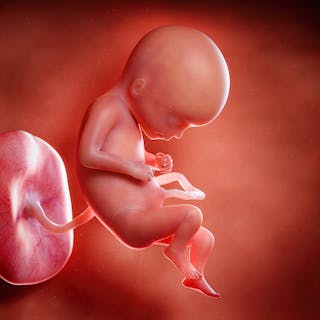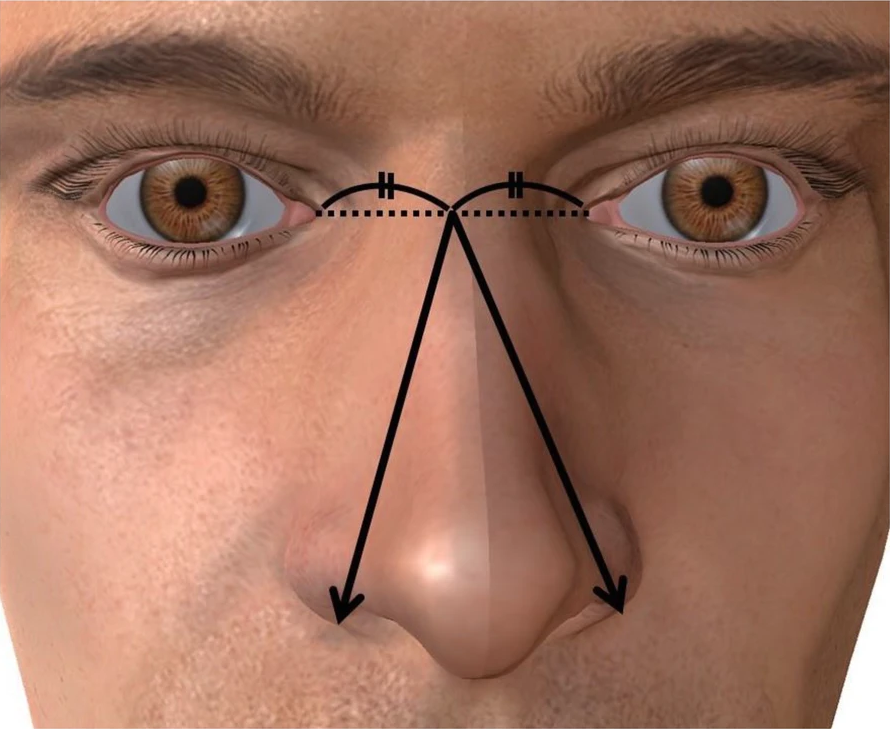
There are various different beliefs circulating among the public, suggesting that if a man has larger feet, nose, or palms, then their reproductive organ size would also be larger. This belief has sparked curiosity among many scientists, leading them to conduct research, and the results have confirmed that this legend is true!
According to reports from "The Sun" and "Sin Chew Daily," as early as 2021, a Japanese team published a study on the relationship between nose size and erect penis length. Now, a South Korean university has conducted a similar study and has found that men with larger noses also tend to have larger penis sizes.
According to the latest research conducted by a team from Ulsan University Hospital in South Korea, the team points out that this is related to the concentration of testosterone that the male fetus is exposed to during development in the womb. This hormone plays a significant role in the development of the nose and reproductive organs in the fetus. This interesting research confirms the myths surrounding penis size.

Additionally, the research team invited 1,160 adult males with an average age of 35.5 to participate in the study to examine the correlation between penis size and nose size. After measuring their height, weight, foot length, and testosterone levels, the team reached the aforementioned conclusion.
The study revealed that men with a nose length of 4.5cm (1.7in) had an average flaccid penis size of 10cm (4in). However, individuals with a nose length exceeding 5.5cm (2.1in) showcased an average size of 13.4cm, which is well over five inches.

Furthermore, the study found that individuals with a lower body mass index (BMI) tended to have larger noses and penises, and men with larger feet were also inclined to have thicker penises.
Dr. Hong Seung-yu (transliteration), who is in charge of this research, stated that "The size of the nose is an important indicator of penis size, and penis circumference increases with the size of the feet. Furthermore, several studies indicate that hormones encountered during the fetal stage can influence the growth of reproductive organs."





